Ask an Expert
How do I tell my 10-year-old about my mental health issues?
Clinical Expert: Heather Bernstein, PsyD
en EspañolHow do I tell my 10-year-old daughter about my own mental health issues? I have BPD and hear voices and am unsure how to explain why sometimes I am different.
I think one of the most important things for you to know is that this isn’t a one-time conversation, so you don’t have to say it all at once. You are opening a dialogue that will probably continue for the rest of your child’s life, so less is more. Take it slow and communicate that you aren’t afraid to talk about mental health.
In terms of what to say, being developmentally sensitive is important. A 10-year-old might not be able to understand what hearing voices means, for instance. You might start by focusing on how your mental health impacts your daily life. This is a good strategy because that’s what your child is probably going to care the most about. So you might say something like “I struggle with my mental health and what that means for me is I sometimes feel really big emotions and I have to manage those.” Or maybe it’s “I have a hard time with my relationships.” While you are talking, really pay attention to how your daughter is responding. You can use that as a measure for how much to share.
You can also talk about what you are doing in terms of treatment. Kids want to know that you are healthy and getting the services you need, because it makes them less fearful. So you might describe what you do — for example, “I work with doctors. One of the doctors I talk to about my emotions, one of the doctors talks to me about my medicine. I go every single week to make sure I’m taking care of myself.” Be clear that you are giving this information so they know you are being cared for, and it’s not their responsibility to take care of you.
If your child has questions that you feel confident in being able to answer, then answer those truthfully and in a developmentally appropriate way. If there are questions that you aren’t sure how to respond to, feel free to take a pause. That might be a good time to talk with your therapist to discuss the best way to discuss with your child. Because your therapist knows about your child and your relationship, they might also be able to provide good guidance about how to have this conversation, now or during future conversations.

Was this article helpful?
Related Reading
-
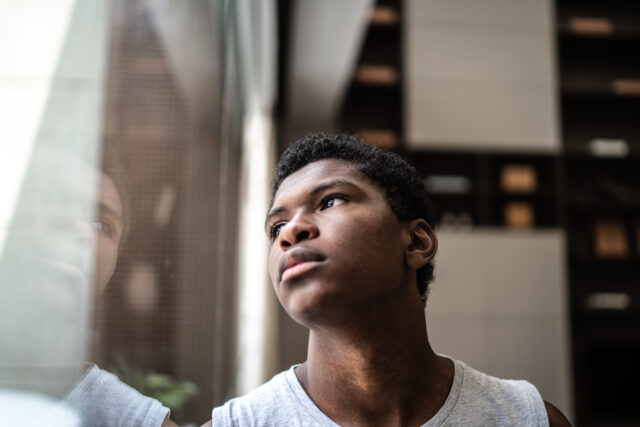 What Is Borderline Personality Disorder?
And why it's now being diagnosed and treated in teenagers
What Is Borderline Personality Disorder?
And why it's now being diagnosed and treated in teenagers
-
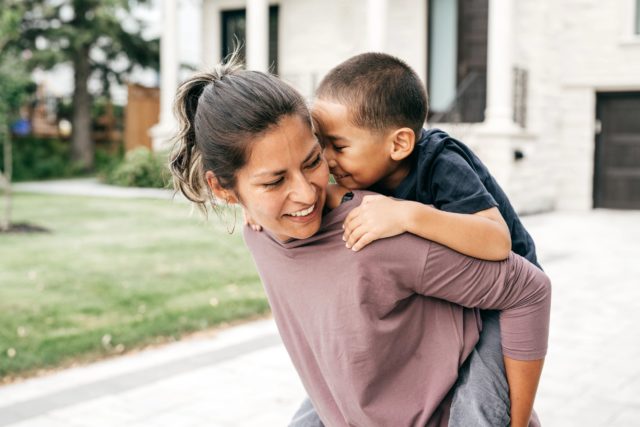 Anxiety and Being Kind to Yourself
How self-compassion can help parents (and anyone else) manage anxiety
Anxiety and Being Kind to Yourself
How self-compassion can help parents (and anyone else) manage anxiety
-
 Should Kids Take Mental Health Days?
When taking a break is helpful (and when it's not)
Should Kids Take Mental Health Days?
When taking a break is helpful (and when it's not)
-
 Complete Guide to Substance Use + Mental Health
When children are struggling with both a substance use disorder and a mental health disorder,…
Complete Guide to Substance Use + Mental Health
When children are struggling with both a substance use disorder and a mental health disorder,…
-
 National Children’s Mental Health Report Card
A measure of concerned parents and struggling kids
National Children’s Mental Health Report Card
A measure of concerned parents and struggling kids
-
 Mindful Parenting
Use mindfulness techniques to take stress and anxiety out of raising kids
Mindful Parenting
Use mindfulness techniques to take stress and anxiety out of raising kids
-
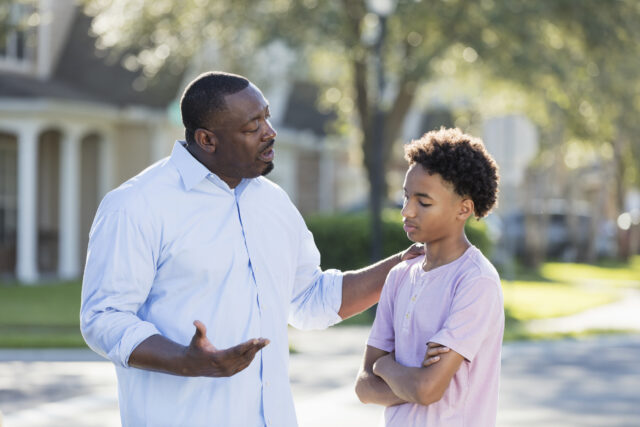 Meeting the Mental Health Needs of Black Adolescent Boys
Why young Black males are less likely to seek professional support and how parents, faith…
Meeting the Mental Health Needs of Black Adolescent Boys
Why young Black males are less likely to seek professional support and how parents, faith…
-
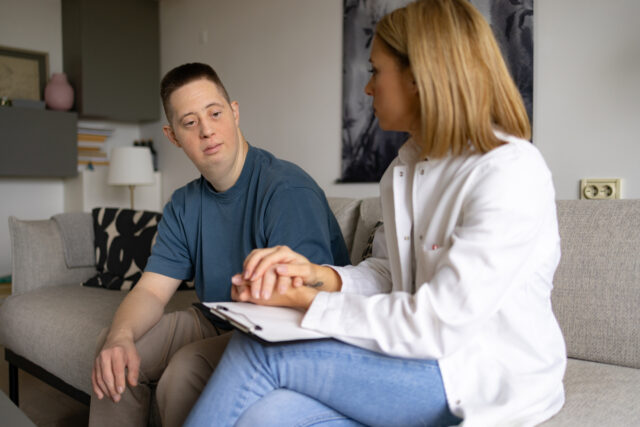 Intellectual Developmental Disorder and Mental Health
Why kids with intellectual disability are at higher risk for mental health disorders — and…
Intellectual Developmental Disorder and Mental Health
Why kids with intellectual disability are at higher risk for mental health disorders — and…
-
 Do Sensory Processing Issues Get Better Over Time?
They may not disappear, but they usually become milder as kids mature, and learn to…
Do Sensory Processing Issues Get Better Over Time?
They may not disappear, but they usually become milder as kids mature, and learn to…
-
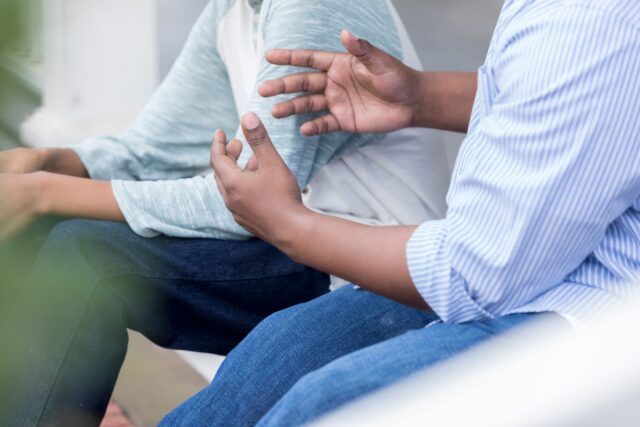 How to Tell Kids You’re Getting a Divorce
Advice on what to say and how kids may react
How to Tell Kids You’re Getting a Divorce
Advice on what to say and how kids may react
